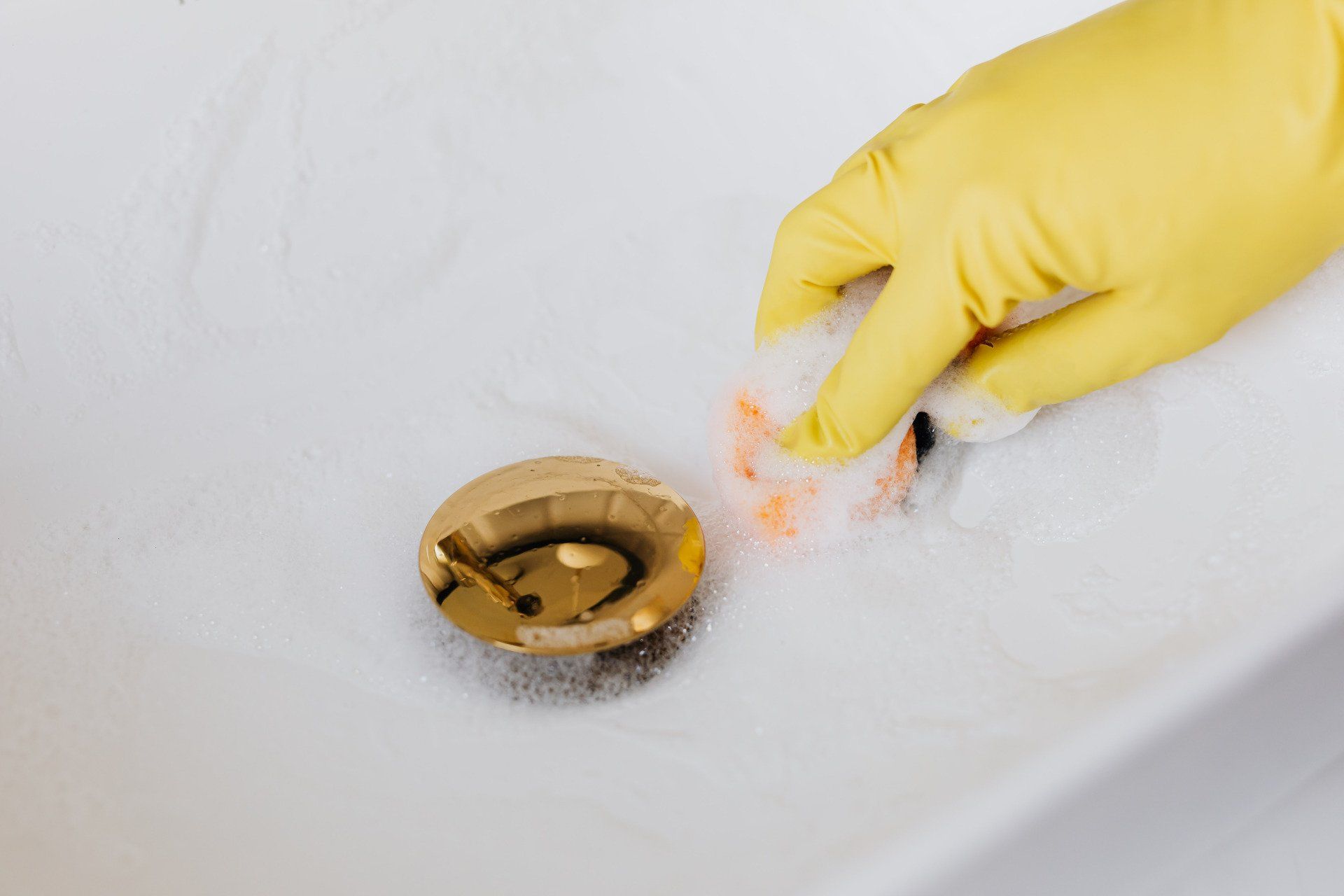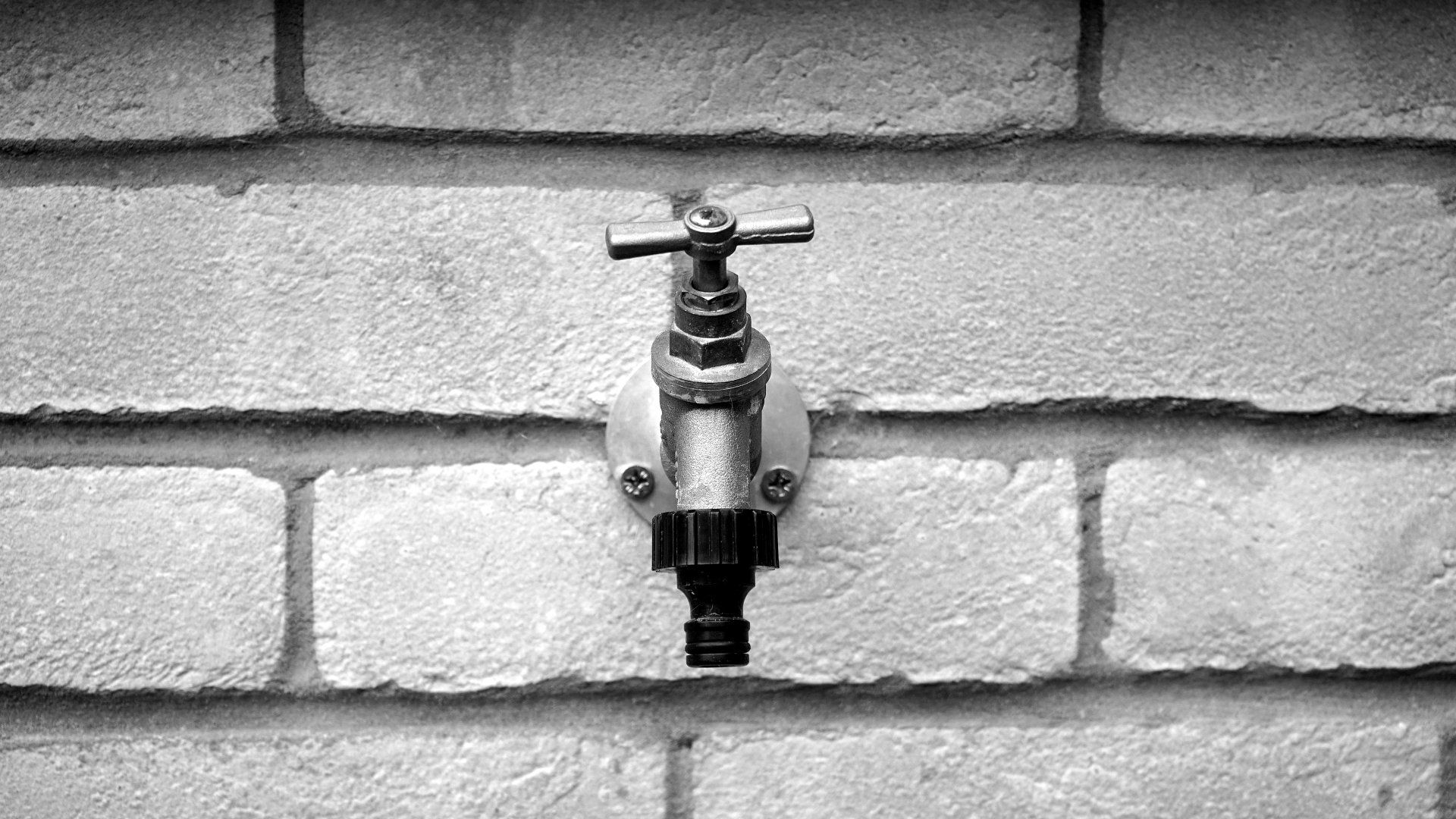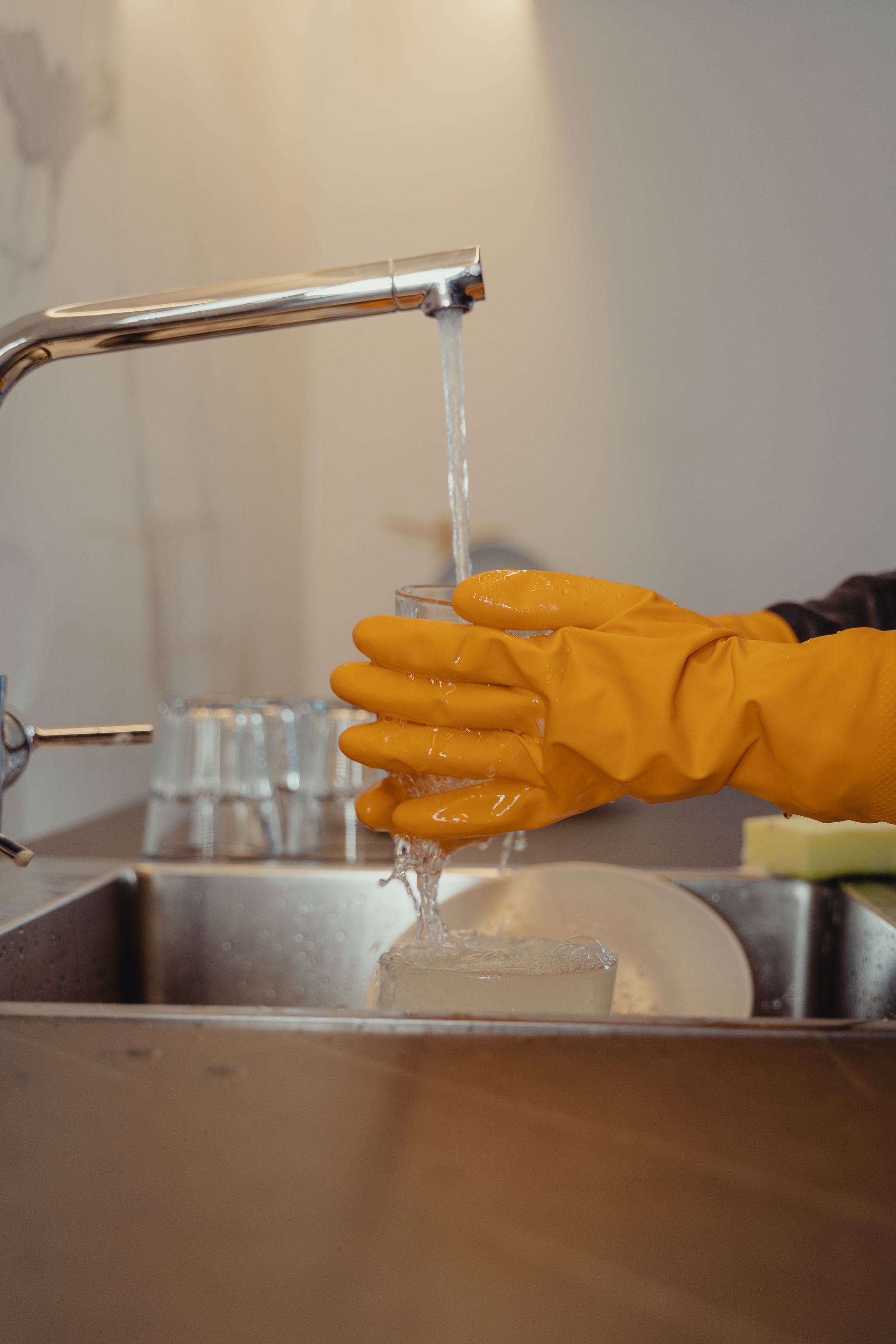Why avoid pouring FOG in the kitchen sink?
Why avoid pouring FOG in the kitchen sink?
When we warn our customers to be cautious with FOG, it's not just a matter of referring to driving, but we also refer to the kitchen. Pouring fats, oil, or grease (FOG) in the kitchen sink could cause harm to your plumbing and bank account. The solidified substances could clog your pipes, which can lead to the pipes becoming blocked.
Let's look at why dumping the cooking oils or fats down the kitchen drain or any drain isn't a great option and what you can take instead.
What happens when the grease flows into the drain?
The fat, oil, or grease that you pour down in the kitchen begins as a liquid, but it doesn't stay like that for long. Within minutes, the grease cools and becomes solid - inside the pipes you have.
Once the grease has become solid, it is now a snare for other items that make the way into your pipes, including food pieces. In the end, this slow stoppage could be an issue as you'll likely observe that your sink will run slower. It could also stop completely draining.
If you're thinking, "Alright, if the kitchen is a bad idea, I'll just pour it into the toilet then." Also, it would help if you were very cautious about the idea of a possible alternative. As with the kitchen, pouring grease down your toilet can (you probably guessed it) cause it to solidify and block the sewer line.
What can I do to remove cooking grease in a proper way?
Where can you get rid of grease from the kitchen sink or toilet drain? That's easy. Allow the grease to become solid and cool. After that, you can dump it in the garbage bin. Cleaning up could be messy, so be sure to wipe any oily areas a thorough clean-up.
Cleansing out a grease blockage in the kitchen sink
If you suspect you've got a clog caused by grease in your kitchen sink, you can try breaking it up using vinegar and baking soda, followed by hot water. Grease clogs can be incredibly stubborn and if this method does not work, the next step is to contact a professional.
Get a
FREE Quote
You might also like




